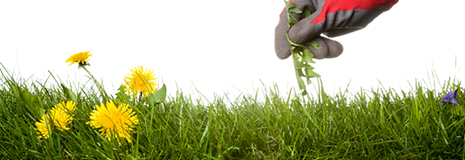
THE FRENCH
FOOD
INDUSTRY'S PORTAL
Webzine
taste it to info

Eco-friendly orchards: a challenge reaping many rewards
News /
Friday 12 June 2015
This new ambition required him to comply to several regulations, namely the maintenance of the natural balance and equilibrium on his land as well as the mastery of mineral nutrition. “Eco-friendly practices put an emphasis on the use of all useful techniques — while avoiding phytosanitary products – in order to fight against harmful insects and diseases, ” explains Hervé Pendaries. The “éco-responsable” label also requires regular monitoring of the orchard by an official technical advisor as well as monitoring the proper production constraints by an independent certifying organism. “What’s also important for the consumer is to have system of plot traceability, making it possible to trace the path of each crop of apples through all stages of production, all the way to the supermarket shelf. ”
Eco-responsibility worldwide
Although on an international scale, GlobalGap is the reference for eco-friendliness, the “eco-responsable” label is the one often applied in France. Eco-friendliness by these standards is above all about reducing all chemical intervention while improving safety and wellbeing for employees. According to Hervé Pendaries, “the requirements of the eco-responsable label are almost identical to those of the GlobalGap reference, with several additional points offering precision on aspects of nutrition of trees, irrigation, determination of ripeness, and conservation conditions. ”
The stakes of the eco-responsable label
Even if the advantages of eco-friendly orchards are obvious, today, their criteria only respond to a part ofconsumer demands. “Two difficulties remain: how to position ourselves with regards to organic certification and how to respond to the new demand by consumers for local produce, ” confirms Hervé Pendaries.
There is still room to grow within the éco-responsable label, with a better application of the label’s criteria with regards to both the consumer and the environment. “Three factors are currently being explored. First and foremost, genetic development will allow for less sensitive varieties or more tolerant varieties in the face of insects and disease. Secondly, the chemical industry could propose more specific products or biotechnical solutions that are both effective against insects and disease and biodegradable, thus inoffensive to the environment. Lastly, conservation techniques could be improved to include techniques that are low in oxygen and eliminate ethylene, ” Herve Pendaries says.
This line of work is constantly evolving. The label will likely succeed at transforming technological advances into benefits for the consumer and for the environment, all the while finding new solutions to the challenges posed by qualitative features.






